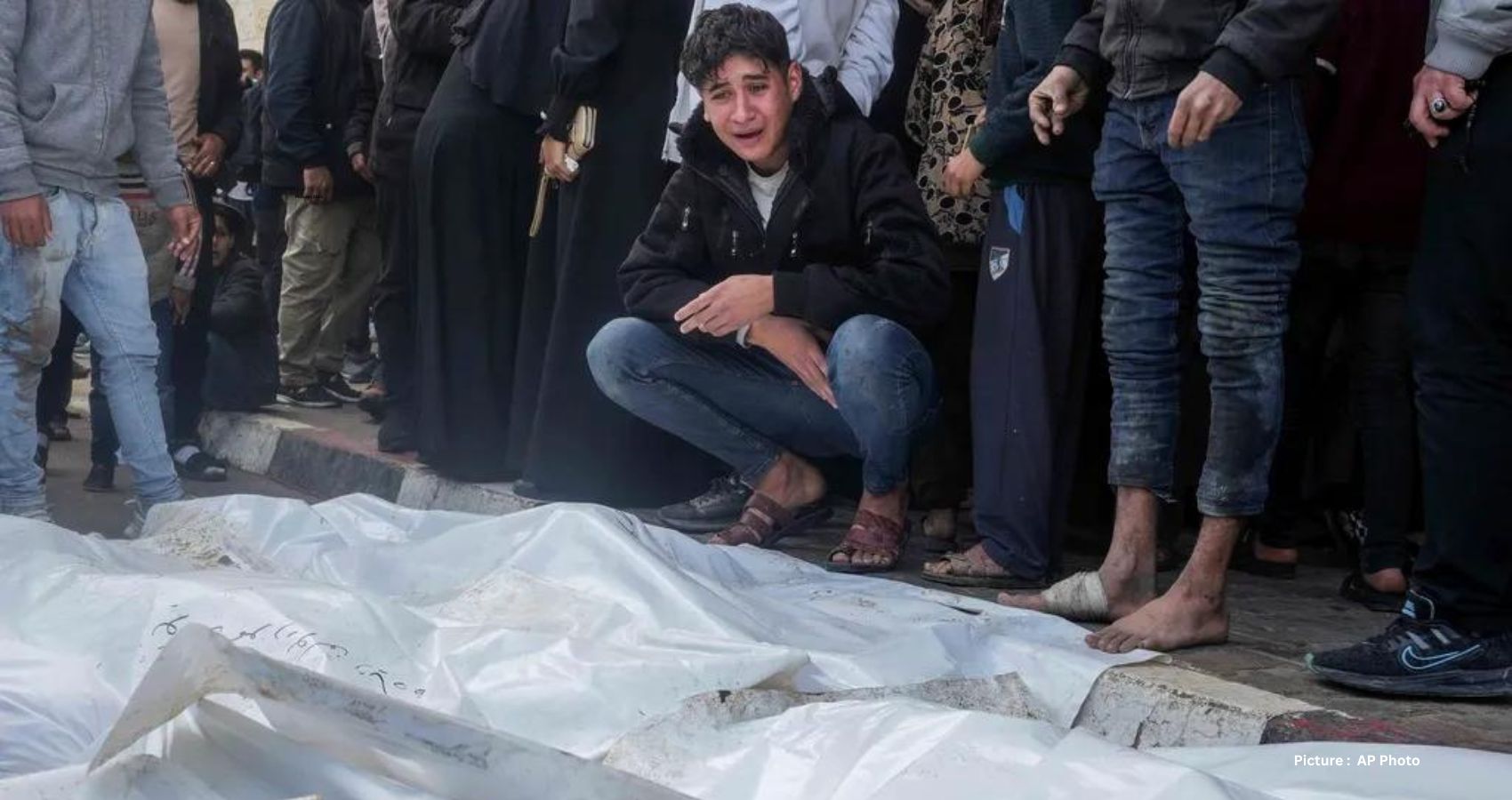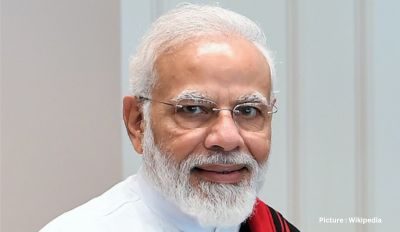In an effort to bring an end to the ongoing Israel-Hamas conflict, Egypt has presented a bold initial proposal that includes a cease-fire, a phased release of hostages, and the establishment of a Palestinian government of experts to govern the Gaza Strip and the occupied West Bank. A senior Egyptian official and a European diplomat revealed the details of the proposal on Monday.
The Egyptian initiative, developed in collaboration with Qatar, aims to address the immediate crisis and lay the groundwork for a sustainable resolution. However, the proposal, currently in its early stages, does not align with Israel’s objective of completely dismantling Hamas and seems to fall short of Israel’s demand to maintain military control over Gaza in the post-war period.
Reports indicate that the Egyptian proposal has been shared with Israel, Hamas, the United States, and European governments. Although the proposal is under consideration, it is not yet clear whether it will be accepted or modified. Israel’s War Cabinet, including Prime Minister Benjamin Netanyahu, is set to discuss the proposal in an upcoming meeting.
As Israeli airstrikes intensify, causing significant damage in central and southern Gaza, the humanitarian situation worsens. The Maghazi refugee camp witnessed a devastating strike that claimed at least 106 lives, making it one of the deadliest incidents in Israel’s air campaign. The proposal from Egypt comes amid escalating violence, with both sides expressing their determination to continue the conflict.
The Egyptian official, speaking on condition of anonymity, outlined the key components of the proposal, emphasizing its comprehensive nature. The plan begins with an initial two-week cease-fire during which Palestinian militants would release 40 to 50 hostages, including women, the sick, and the elderly. In return, Israel would release 120-150 Palestinians held in its prisons. Negotiations would then continue to extend the cease-fire and secure the release of additional hostages and bodies held by Palestinian militants.
The proposal also envisions Egypt and Qatar working with all Palestinian factions, including Hamas, to establish a government of experts. This transitional government would govern Gaza and the West Bank while facilitating the resolution of internal disputes among Palestinian factions. The ultimate goal is to create a roadmap for holding presidential and parliamentary elections.
Simultaneously, Israel and Hamas would engage in negotiations for a comprehensive “all-for-all” deal, encompassing the release of all remaining hostages, the withdrawal of the Israeli military from Gaza, and the cessation of rocket attacks by Palestinian militants. However, the success of this ambitious plan hinges on the willingness of all parties to engage in constructive dialogue and make concessions.
While the proposal has been discussed with Ismail Haniyeh, the Qatar-based political leader of Hamas, and other Palestinian factions, doubts remain about whether Israel’s government, led by Prime Minister Netanyahu, will accept the entire proposal. A Western diplomat, speaking anonymously, expressed skepticism about the Israeli government’s readiness to embrace the comprehensive plan.
The toll of the conflict on both sides is becoming increasingly apparent. In Gaza, more than 20,400 Palestinians have been killed, and almost the entire population of 2.3 million has been displaced. U.N. officials have raised concerns about a quarter of the population facing starvation due to Israel’s blockade, allowing only limited supplies into the territory.
Israel, too, is grappling with a rising death toll among its troops, with 17 soldiers killed since Friday and a total of 156 since the ground offensive began. The mounting casualties may impact public support for the war, which was triggered by an attack on southern Israeli communities by Hamas-led militants on Oct. 7, resulting in 1,200 deaths and 240 hostages.
Despite increasing international pressure against Israel’s offensive and the widespread suffering among Palestinians, public sentiment in Israel remains largely supportive of the stated goals of crushing Hamas and securing the release of remaining captives. Prime Minister Netanyahu has emphasized the need to expand the fight in the coming days, signaling a prolonged battle.
As the conflict continues to exact a heavy toll on both sides, the proposed Egyptian initiative offers a glimmer of hope for a comprehensive resolution. However, the path to peace remains uncertain, and the willingness of all parties to engage in meaningful dialogue will be crucial in determining the success of this ambitious proposal.











